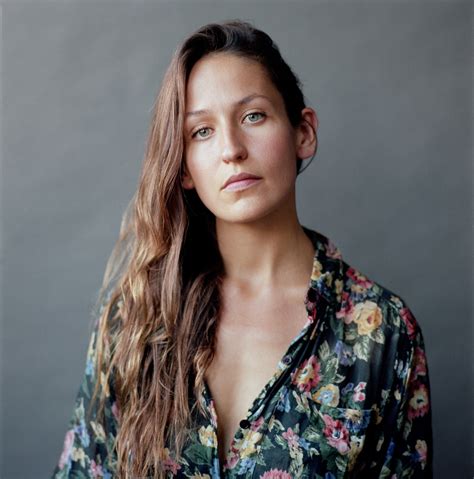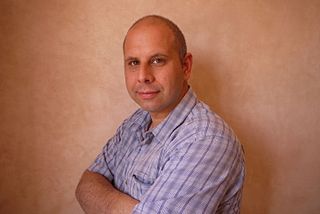A Quote by Ethan Canin
Your first book is kind of a labor of ignorance. You don't realize the difficulty of it. Your second book is sort of a labor of fear. Then you sort of either hit a stride, or you don't.
Related Quotes
Completing a book, it's a little like having a baby.... There's a feeling of relief and satisfaction when you get to the end. A feeling that you have brought your family, your characters, home. Then a sort of post-natal depression and then, very quickly, the horizon of a new book. The consolation that next time I will do it better.
You have to surrender to your mediocrity, and just write. Because it's hard, really hard, to write even a crappy book. But it's better to write a book that kind of sucks rather than no book at all, as you wait around to magically become Faulkner. No one is going to write your book for you and you can't write anybody's book but your own.
The idea of windows, that's so symbolic to me within labor. And I'm always opening windows during a birth. If someone's been in labor all night and they're exhausted and sort of over it, opening a window or drawing a curtain can change the game. And sometimes the doula is the first one to suggest it.
[A.J. Muste] was from Michigan and he grew up in the Dutch Reform Church there, which is a fairly strict church. He later came to New York. He was the minister of a labor temple in the - on the East Side. Then he founded, to my knowledge, the first, maybe the only, labor school; that is, Cornell has a labor department and other schools. But this was a school for - entirely for labor organizers, and he was the - the chairman.
Once in a very long time you come across a book that is far, far more than the ink, the glue and the paper, a book that seeps into your blood. With such a book the impact isn't necessarily obvious at first...but the more you read it and re-read it, and live with it, and travel with it, the more it speaks to you, and the more you realize that you cannot live without that book. It's then that the wisdom hidden inside, the seed, is passed on.
There are certain things that I'll hear about and that I think will make a great book and I put it in a file. Sometimes it's a situation that interests me, and I don't even realize what I'm trying to say about it until I get closer to it. Sometimes the book after that I've written 125 pages of, and I can tell you what the book is after that. I just sort of have a linear progression, but more than anything, the topics land in your lap. I don't feel that I go out searching for them.
Obviously it's easier when I' m doing the adapting myself. But my feeling is, your potential upside far outweighs the downside. Ultimately, they [moviemakers] can't change your book. Your book remains on the shelf the way you wrote it. If they make a great movie of your book, then you have the equivalent of millions and millions of dollars of advertising for your book. If the movie's not that good, that doesn't mean the book's not good. It doesn't change what you've already written. It has the potential to reach more people.


































